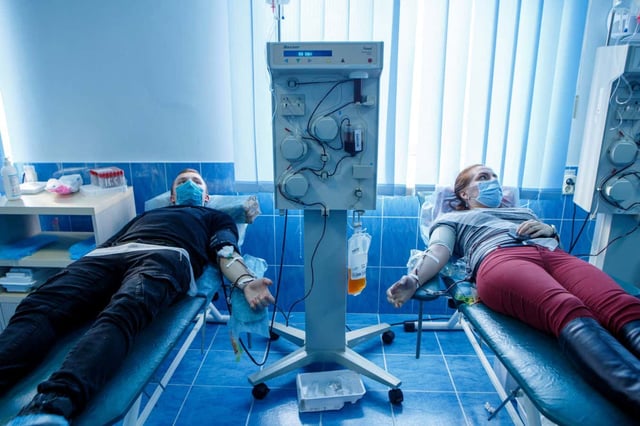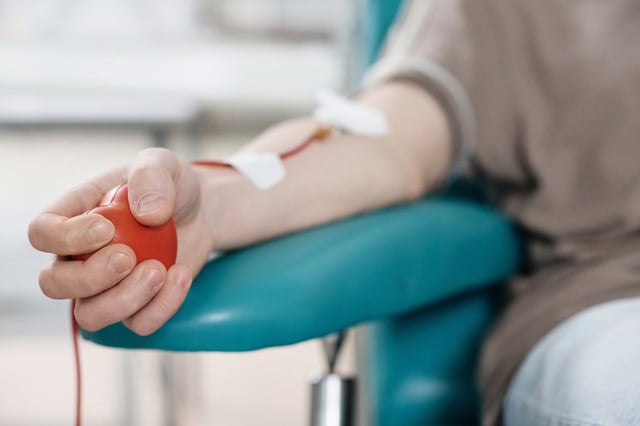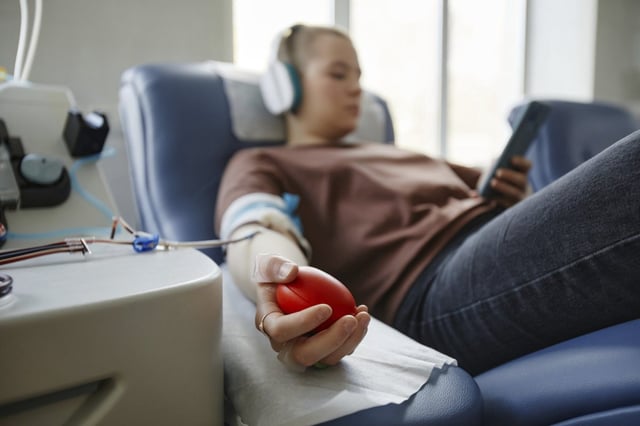Overview
- A study from the Francis Crick Institute analyzed blood samples from over 200 frequent donors and found beneficial genetic mutations in their blood stem cells.
- Frequent donors were more likely to have mutations in the DNMT3A gene, which promoted blood cell regeneration without increasing cancer risk.
- Lab experiments showed these mutations allowed stem cells to grow faster in conditions mimicking blood loss, driven by the hormone erythropoietin (EPO).
- The study also found that these mutations suppressed the growth of potentially cancerous cells in experimental models.
- Researchers emphasize the need for further studies with larger and more diverse populations to confirm these findings and explore their therapeutic potential.



